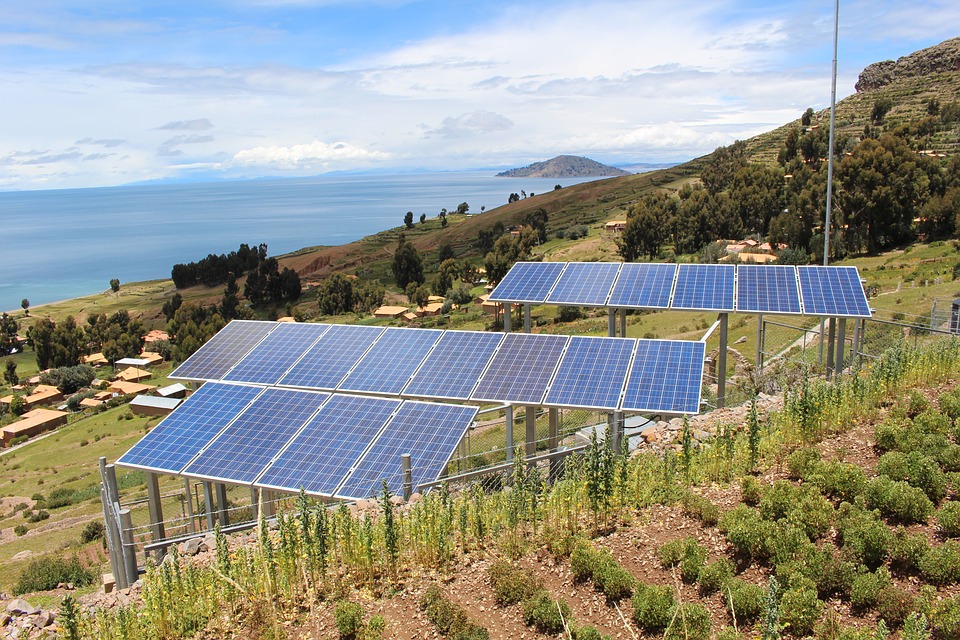Swiss students team wins International Solar contest

Four Swiss universities came together to build the US Department of Energy’s 2017 Solar Decathlon overall winner. Eleven teams competed over the course of two years to build a home taking into account modern global demands of “reliability, resilience, and security.”
The Swiss schools – École Polytechnique Fédérale de Lausanne, School of Engineering and Architecture Fribourg, Geneva University of Art and Design, and the University of Fribourg – scored perfect 100’s in energy, architecture and engineering categories.
The first Solar Decathlon occurred in 2002. There are further international contests in Africa, China, Europe, Latin America & Caribbean, and the Middle East.
Per the judges, the Swiss team “best blended smart energy production with innovation, market potential, and energy and water efficiency.” The Swiss design philosophy was to “create a shared space that helps to build and sustain the community around it.” With this the home creates electricity and heats water directly from sunlight. It contains two greenhouses with fish farms integrated. The roof collects water and grows food. The large open areas are partially designed to be a flexible space to host local shop for nearby farmers to sell their wares, or meeting rooms, or maybe your own business.
The current version of the home is estimated to cost about $800,000 to build, but as you can see, it’s more than a “house”.
“The Swiss Team house provides a rethinking of solar in architecture: PV (photovoltaics), windows and solar thermal are all integrated into one wall design,” said Tim Unruh, DOE Assistant Deputy Secretary for Renewable Power.
For the water contest, where the students scored 95, their house was judged on how well it conserved water, and allowed for its reclamation and reuse. “The jurors noted that the [Swiss Team] had the most comprehensive and integrated management of water at Solar Decathlon 2017. With a green roof, this house expertly integrates storm water into its design,” said Scott Morrissey, director of sustainability at Denver International Airport.
The Swiss students had to dismantle their entry and ship it to Denver in 12 containers, and then reassemble it again.

